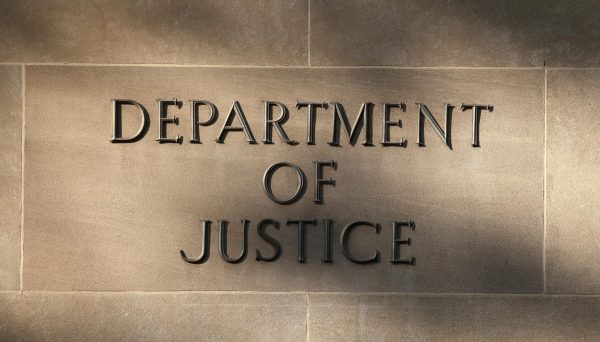What is ‘FOIA’?
The Freedom of Information Act allows people to request documents like contracts, but many don’t know it’s history and potential.
Getty Images
The Freedom of Information Act (FOIA) is a law that gives the public the right to access certain records from any federal or state agency
DeKALB – It’s common to hear a journalist say they’re going to ‘FOIA’ something. But what does ‘FOIA-ing’ something mean? The Freedom of Information Act (FOIA) is a law that gives the public the right to access certain records from any federal or state agency and is a vital tool for journalists and many other professions. To FOIA something is to put in a request for a document.
NIU’s FOIA Officers
At NIU, the people who receive these requests are FOIA officers Joan Laurino and Tom O’Grady. O’Grady, who is NIU’s Assistant General Council as well as one of the university FOIA Officers, thinks the act plays a vital role in our world.
“As a member of the public, I think having the ability to have access to those records and to know what every level of government is engaged in, that’s a very powerful tool for any citizen to have,” O’Grady said. “Just knowing that access is there makes me feel a little bit better about being a part of this society.”
History of the FOIA
John Moss, a democrat from Sacramento, was elected into congress in 1952. Moss was an advocate for increased transparency with the public after Dwight D. Eisenhower’s administration fired thousands of federal employees under suspicion that they were communists. Moss requested to see documents concerning the employee firing, but the administration refused. This worried Moss a great deal.
“The present trend toward government secrecy could end in a dictatorship,” Moss said. “The more information that is made available, the greater will be the nation’s security.”
After years of trying to gather support, Moss was finally successful. Despite his reluctance, President Lyndon B. Johnson signed the FOIA bill on July 4, 1966.
Federal vs. State FOIA
Just like many laws and regulations, the FOIA is both a federal and state-level act. The two acts are very similar, except the federal FOIA deals with more broad documents the U.S. government has and the Illinois FOIA deals with documents relating to the state.
One of the largest differences between the two FOIAs is the year they were passed. The federal FOIA was passed in 1966, but the Illinois FOIA was passed in 1983, making Illinois the last state in the union to pass freedom of information legislation. The Illinois FOIA also allows all documents to be open to the public whereas the federal FOIA deals only with documents relating to the executive branch.
Illinois has one of the least restrictive FOIAs in the country. A 2009 amendment to the act made it much more open and transparent by requiring each public agency to nominate an officer to be the official keeper of public records.
“The access to records in Illinois is probably greater in comparison to a lot of the other states,” O’Grady said. “Your access to make FOIAs and what you can get a hold of, you’re gonna get a lot more records here in Illinois.”
Limitations of the Act
While most documents can be viewed by the public, there are some exceptions to the rules laid out in the FOIA (both federal and state). The act gives people the right to ask for documents but doesn’t guarantee they will receive them.
There are many exemptions to both the state and federal FOIA. The most common exemptions to the act relate to private personal information, such as a person’s social security number or preliminary drafts. Some documents will be available for the public to view, but they could be filled with redactions to keep some of the information private.
Why is the FOIA so important?
The FOIA keeps our government accountable. It has been vital in exposing both state and federal government misuse and waste of resources over the years and continues to hold the people in charge responsible for their actions.
“I think it’s really important because it gets people involved,” O’Grady said. “It gives people the tools they need to be involved in a productive manner.”
To learn more about the federal FOIA visit foia.gov, to learn more about the Illinois FOIA visit ilsos.gov, and to request a FOIA concerning NIU visit Freedom of Information Act (FOIA) Requests.







